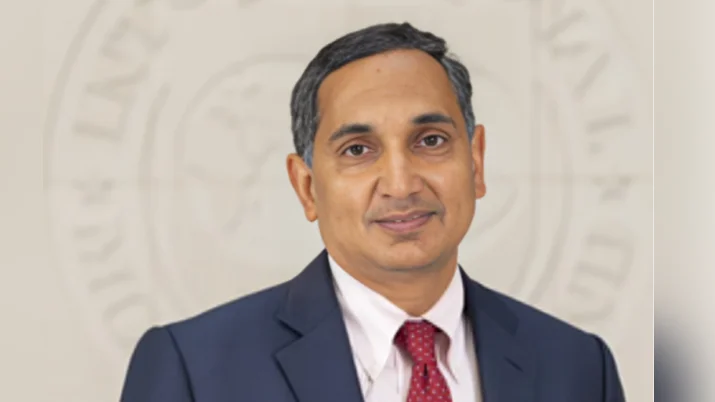The International Monetary Fund (IMF) has released its preliminary findings following the 2025 Article IV Consultation Mission to Bosnia and Herzegovina. The statement, which reflects the views of IMF staff but not necessarily those of the IMF's Executive Board, outlines key economic challenges and recommendations for the country.
According to the report, Bosnia and Herzegovina's growth remains resilient due to expansionary fiscal policies, although inflation is rising amidst external shocks and domestic political tensions. The report highlights that progress towards European Union accession could enhance confidence, but political hurdles remain significant. It suggests that fiscal policy should focus on restoring buffers and improving spending quality while avoiding discretionary measures that widen the deficit.
The IMF emphasizes the need for reforms in public employment, wages, and social benefits to achieve a debt-stabilizing primary balance. Additionally, it underscores the importance of maintaining monetary stability through upholding the currency board arrangement and central bank independence.
Recent economic developments indicate a growth acceleration from 2 percent in 2023 to 2.5 percent in 2024, driven by strong domestic demand despite declining net exports. The unemployment rate fell to 11.7 percent by Q4:2024 with real wages growing at an annual rate of 8 percent. However, inflation rose again to 3.7 percent year-on-year by May 2025 due to higher food prices.
Looking ahead, real GDP is projected to grow by 2.4 percent in 2025 with potential vulnerabilities stemming from geopolitical tensions or commodity price volatility affecting food and energy prices. Political tensions could further fragment the economy and affect investor confidence.
Fiscal performance was stronger than expected in 2024 with a government deficit of 1¾ percent of GDP. For 2025, authorities are advised against discretionary measures that expand deficits further as they anticipate financing mainly through foreign borrowing.
In terms of financial sector policies, preserving macroeconomic stability through the currency board arrangement remains crucial according to IMF advice. Strong credit growth calls for close monitoring of systemic risks while safeguarding banking sector resilience.
Structural reforms are essential for advancing toward EU membership according to the report which recommends energy sector reforms along with labor market governance improvements among others.
The mission expressed gratitude towards Bosnian authorities for their hospitality during discussions held in Sarajevo and Banja Luka.

